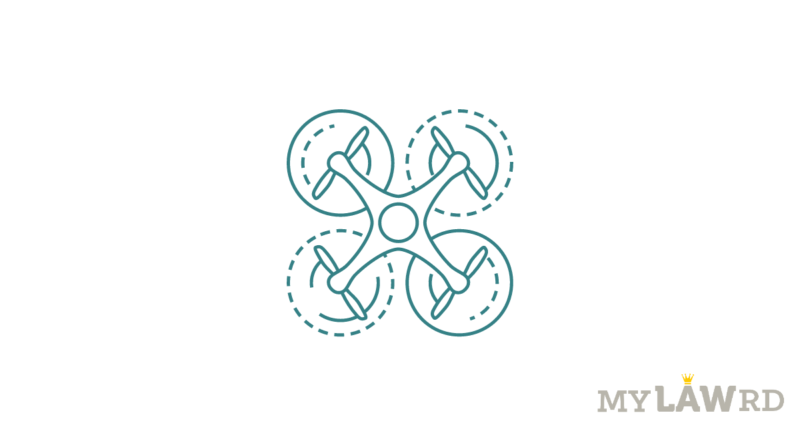Ministry of Civil Aviation Notifies Liberalised Drone Rules, 2021
On Thursday, the Ministry of Civil Aviation announced the liberalised Drone Rules, 2021. The new rules will replace the Unmanned Aircraft System Rules (UAS), 2021, which took effect in March. The new laws make owning and operating drones easier for individuals and businesses. Further, they also help producers, importers, and users navigate a complicated certification procedure.
Significance of the Rules
Drones are in the news since an explosive-laden drone was used to attack an Indian Air Force installation in Jammu in June. Following the incident, Officials pressed for developing anti-drone technology.
Consumer drones usually have some built-in safety features, making them less unsafe. Drones are an important new consumer technology category, particularly among hobbyists and visual artists. They are currently being used and tested for a variety of practical and industrial applications. This even includes e-commerce companies’ automated package deliveries.
The Civil Aviation Ministry had earlier announced the UAS Rules, 2021 in March. However, academia, startups, end-users and other stakeholders viewed the rules as restrictive. This was down to the fact that drone operations required a lot of paperwork, approvals for every drone flight, and just a few ‘free to fly’ green zones were available.
As per the Ministry, based on the feedback it received, it has decided to repeal the UAS Rules, 2021 and replace the same with the liberalised Drone Rules, 2021.
What has changed?
Reduced forms and fees: Under new rules, the number of forms required is reduced from 25 to 5. Further, the types of fees levied are also reduced from 72 to 4. The Quantum of the fee has been reduced to nominal levels and delinked with the size of the drone. For instance, the fee for a remote pilot license fee has been reduced from INR 3000 (for large drones) to INR 100 for all categories of drones; and is valid for 10 years.
Revamped Digital Sky Platform: The digital sky platform shall be developed as a user-friendly single-window system. There will be minimal human interface and most permissions will be self-generated. Additionally, an interactive airspace map with green, yellow, and red zones shall be displayed on the digital sky platform. This will be implemented within 30 days of publication of these rules.
Additionally, manufacturers and importers may generate their drones’ unique identification number on the digital sky platform through the self-certification route. The easier process specified for transfer and deregistration of drones through the digital sky platform. Drones present in India on or before 30 Nov 2021 will be issued a unique identification number through the digital sky platform provided, they have a DAN, a GST-paid invoice and are part of the list of DGCA-approved drones
Reduced permission requirements: Drones can be operated in green zones without obtaining permission. Green zone refers to airspace up to a vertical distance of 400 feet or 120 metres that hasn’t been designated as a “red zone” or “yellow zone” on the airspace map, as well as airspace up to a vertical distance of 200 feet or 60 metres above the area between an operational airport’s perimeter and a lateral distance of 8 to 12 kilometres. The yellow zone around the airport has been decreased from 45 km to 12 km.
No restrictions on Foreign ownership in Indian Drone Companies: No restriction on foreign ownership in Indian drone companies. Import of drones to be regulated by DGFT. The requirement of import clearance from DGCA has been abolished. However, DGCA shall prescribe drone training requirements, oversee drone schools and provide pilot licences online. A remote pilot licence will be issued by DGCA within 15 days of the pilot receiving the remote pilot certificate from the authorised drone school through the digital sky platform.
Exemption from type certificates for drones manufactured for export purposes: Type certificates are required only when a drone is to be operated in India. However, Importing and manufacturing drones purely for exports are exempt from type certification and unique identification numbers. Nano and model drones (made for research or recreation purposes) are also exempt from type certification.
You can read the notification here. To read the rules, click here.
Do subscribe to our Telegram channel for more resources and discussions on tech-law. To receive weekly updates, don’t forget to subscribe to our Newsletter.

